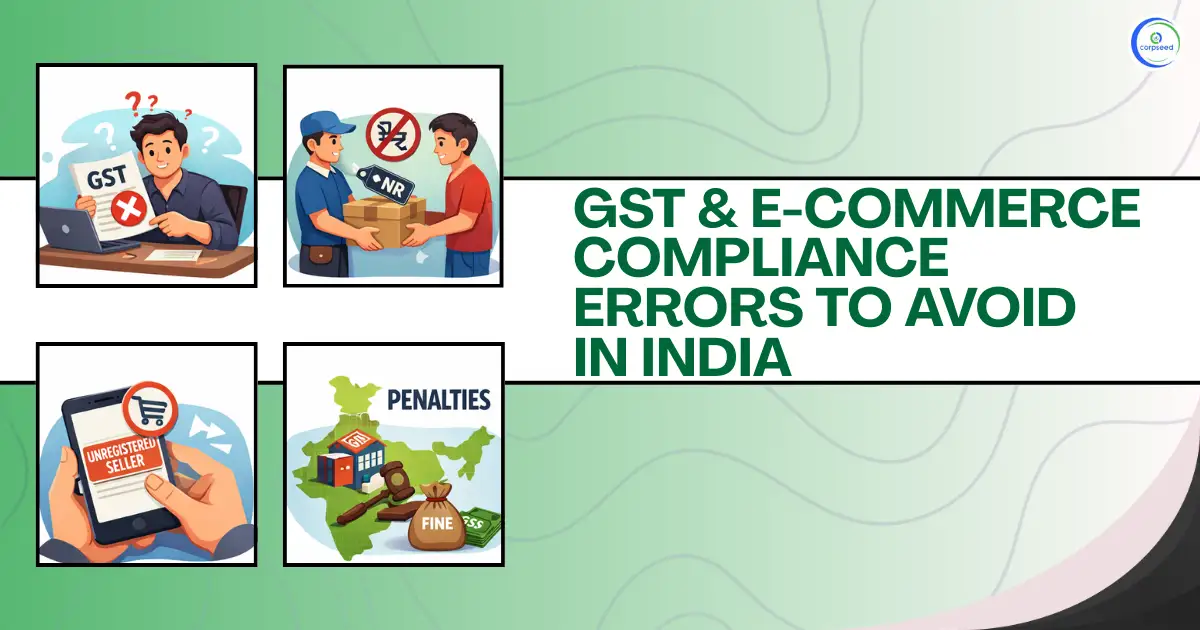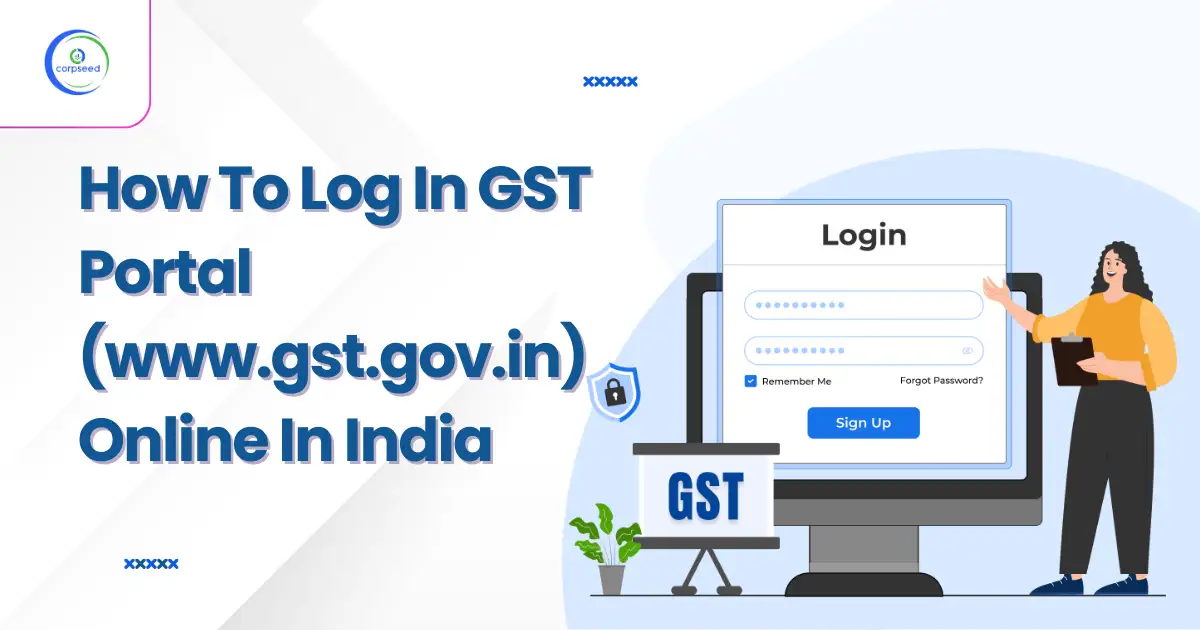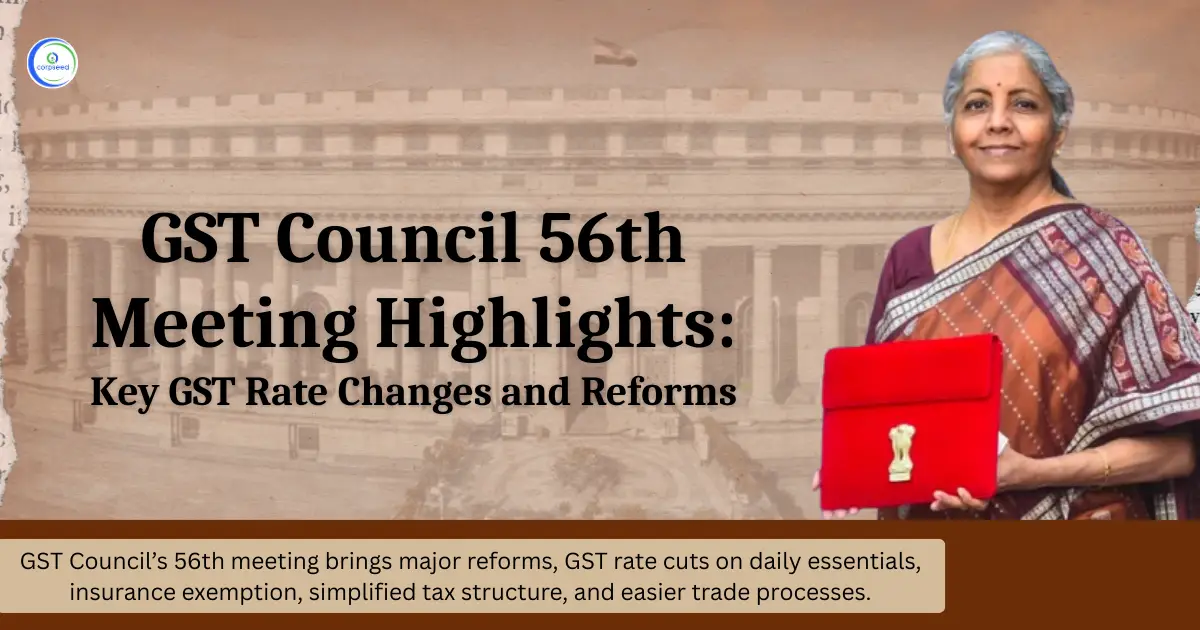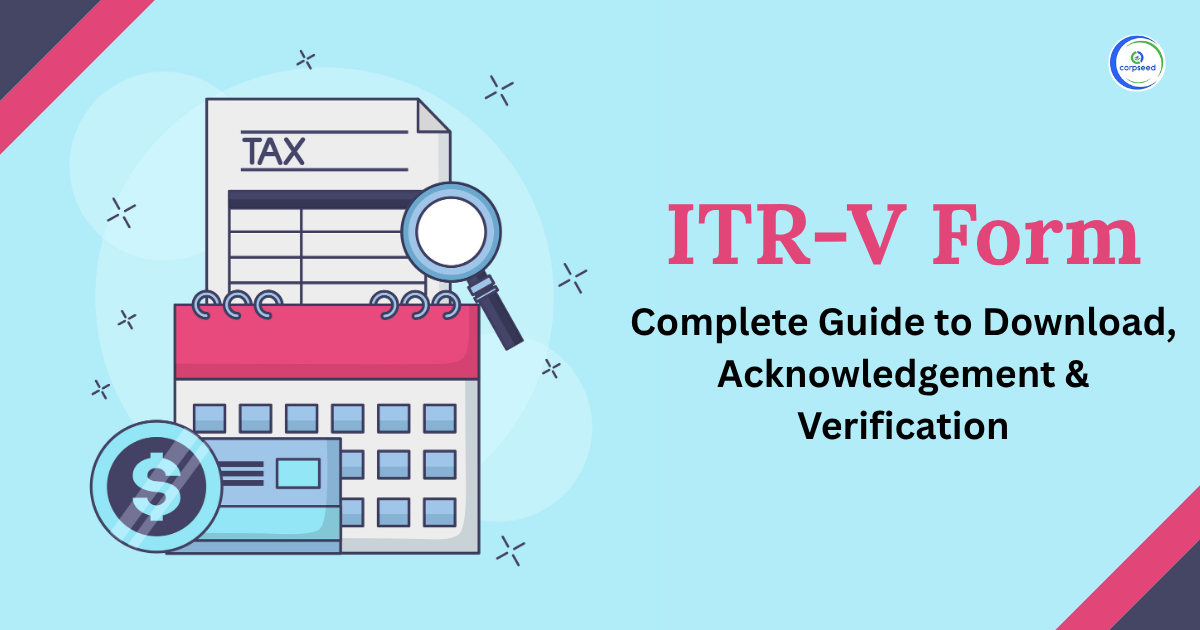Understanding the Term “Charitable Trusts”
Charity can be construed to mean a deed of help that is voluntary in nature. It can either be extended in the form of monetary help or by means of kind. It is believed that efforts when streamlined in one direction at a collective level always seem to yield fruitful results.
Table of Contents
- Understanding the Term “Charitable Trusts”
- Charitable Institutions: Is There Any Income Tax?
- Application of the Income for Receiving Exemption
- Non-Application of Income: Possible Outcome
Therefore one can possibly come to the conclusion that there exist numerous Non-governmental organizations and other entities that work tirelessly in performing charitable activities. These activities are carried out by resorting to raising funds which can be done by having an institution in place.
With the help of such institutions, it can be ensured that the economy develops without any hindrance and also to look after those social welfare programs are well implemented. These institutions work on an approach that is more localized and addresses societal needs.
Such charitable institutions are provided with tax exemptions from the side of the government along with a bundle of incentives.
Charitable Institutions: Is There Any Income Tax?
With respect to the income associated with the charitable trust, given below is the income tax that becomes applicable in relation to such income:
- First category of income talks about the contributions made on a voluntary basis or of donations. The taxability stands as being exempted in case of the voluntary contributions having a specific direction and that intends to be a part of a trust. On the other hand, the taxability is very much a part of the income that is derived from property as held under the trust, this is with respect to those voluntary contributions that have no scope of any specific direction.
- The next category of income deals with that of anonymous donations which simply refer to those donations wherein the done do not resort to maintaining any records that talk about the donor. In this case, the taxability is set at a valuation of 30%. Also it must be kept in mind that with respect to income that is taxable, the donations that exceed higher of it can either be five percent of the donation in total as received by the trust or it can amount to the valuation of 100,000 in rupees. While on the other hand, in the case of the anonymous donation that the trust receives wherein it is established for charitable purposes or any other religious one, then in that case the income would be applicable to be taxed in a manner similar to that of the voluntary contribution.
- This category construes the income that is derived from the property that is held under the trust mainly for the purpose that is either charitable or religious. The taxability stands exempted under this category. On the other hand, with respect to the income that is set aside, especially for religious purposes, then in this case, the exemption stands at the valuation of fifteen per cent of such income. It simply points to the fact that at least eighty-five percent of the income that is derived from the property must be channelized for the charitable purpose and the remaining fifteen percent can be kept aside subject to accumulation.
- This category embraces the income which is derived from property as held under the trust which holds the intention to promote the area of international welfare wherein there is a presence of Indian interest. In this case the taxability is totally exempted. Further, in accordance with the order of the CBDT which can either by way of special order or that of the general one, such income would not stand to be included under the umbrella of total income that the trust has.
- This category is in relation to the capital gain derived from the asset which is exclusively held under the garb of trust. With respect to such a category, there is full utilization of the net consideration for the very purpose that resort to acquiring altogether a different capital asset. Hence the taxability is exempted in this case since the entire amount of the capital is set aside for application in the charitable purpose.
Application of the Income for Receiving Exemption
It must be highlighted as a matter of fact that there is a need that the trust must bring in at least eighty-five percent of its income for a purpose that can either be charitable or that of religious one.
In accordance with the definition as prescribed under the tax provisions, few of the things that are mentioned under the garb of charitable purpose include the following:
- The very first thing that forms part of the definition is related to providing relief to the poor.
- The next thing that falls under its garb talks about education.
- Yet another context deals with yoga.
- Medical relief is also another purview.
- Another topic deals with the ways to deal with preserving the environment which can include guarding the monuments and that of the historic interest.
- If there is any advancement taking place with respect to the object that holds utility in the eyes of the public will well fall under the definition of charitable purpose.
To add on, any income which is utilized for the following purposes would also become eligible for getting exempted from the liability of tax:
- If the purpose lies in purchasing the capital asset.
- If the income is utilized for repaying the loan for the very purpose of purchasing the capital asset.
- If it is pertaining to the revenue expenditure.
- Last but not least, if the income is utilized for the purpose of making a donation to the trust which is registered under the relevant sections like section 12AA.
The term ‘religious purpose’ holds no definition as given under the Act. The purpose that has the religious backing entails a relation to the religion and is also about one’s faith. Under its realm comes the tenets related to the propagation of the religion.
Non-Application of Income: Possible Outcome
If in any case, eighty-five percent of the income that is derived from the trust’s property is not applied then the income stands exempted subject to the fulfillment of the following conditions:
- With respect to the particular situation, if the income resorts to be applied for the charitable purpose.
- If in case there is no application of eighty-five per cent of the income, then, in that case, the portion of the income that is not applied would be eligible to be accumulated by the trust subject to specific conditions so that the exemption can be claimed.
We need to have a better understanding of the two areas which are given below:
In case of the income that is deemed to have been applied, that with respect to the previous year the income has not been received or the assessee is endowed with the option either to apply the income in the tenure of the previous year or apply it during the tenure of the previous year that immediately follows the previous year wherein the income had become receivable.
It is to be noted that such an option has to be filed with the help of Form 9A which has to be furnished by electronic means either having a digital signature or not. This must be done by the trust that too within the framework of the stipulated time period that is permissible under section 139(1) for the purpose of filing income return.
The case when there is an accumulation of the trust’s income standing at eighty-five per cent:
The income is allowed to be set aside or even accumulated if the income of the trust has not been applied with a minimum portion of eighty-five per cent. Such an income would be subject to the exemption in case certain conditions are fulfilled which are given below:
- If Form no. 10 has been furnished by the trust which talks about the income’s accumulation as made by the trust through electronic means.
- If the very purpose has been mentioned that relates to the accumulation of the income.
- If the case is wherein the income is not to be accumulated for a period consisting of not more than five years.
- If the case deals with the investment of the accumulated money in a specific purpose.
Perhaps, if the case is such that the income is not resorted to being accumulated, it would become eligible to be taxed, which is given below:
- If there is some other purpose for which the income is applied. The purpose must be other than that of the charitable or the religious one. In such a case, the taxation year would amount to the year in which the income has been applied.
- If the case is such wherein the income by virtue of some specification, ceases to be invested. The taxation year in this regard would amount to that year wherein the income is ceased from being invested.
- This category talks about the case wherein the income has not been utilized for the very purpose it was accumulated for a period extending up to six years. The taxation year in this regard would amount to the sixth year.
- This category is inclusive of the case which involves the donation of the income to the trust as given under section 12AA. The taxation year in this regard would amount to that year wherein the donation of income takes place.
Investment of the Accumulated Income
As noted before, it can be said that fifteen per cent of the income can be set aside. In addition, eighty-five per cent of the income can also be accumulated. Concerning the accumulation of such income, it must be made through certain investment modes, which are jotted down below:
- The very first mode of investment pinpoints the investment that is made in the saving certificate which is the government one.
- If the investment is made in the form of deposits in respect of the savings in the post office or that of any cooperative bank.
- The next mode stands to investment that is made with respect to the immovable property.
- Investment can be made in respect of the security which is issued by the appropriate government which can either be state or central.
- Also, the investment can be made in the debentures of the company which is guaranteed by the appropriate government which can either be state or central one.
- The investment can be made in the company which is the public sector one.
- In addition, the investment can be made in respect of the bonds of any public company or that of the financial corporation.
The Case of Exemptions
Given below are the incomes wherein there is no exemption available:
- The first case deals with that income that holds no scope in yielding any benefit to the general public. This includes that income that is derived from the charitable trust that entails religious purpose.
- In the second place, ist is related to the income as held by the charitable trust which is established for the very purpose that seeks to yield benefits to any religious community that too in an indirect way.
- Next in line is in relation with the income derived from the charitable institution and such income must be applied for the purpose that seeks to provide benefit in respect of a specific person.
- Income derived from the charitable institution that has no scope of investment in accordance to certain specifications.
- Next in line is the income that can be construed to be in the form of any gains from the business which is incidental to fulfilling the objectives as laid down under the trust along with the books of accounts that are being maintained under the realm of such business.
Given below encapsulates under the garb of “specified person”:
- in the first case, it is pertaining to the person that has founded the trust.
- Secondly, it relates to the person by whom the contribution has been made on a substantial basis.
- Any member of a HUF is also included as a specific person.
- Next in line refers to the trustee, regardless of what the designation is.
Conclusion
In the nutshell, it can be concluded that as analysed above, there are numerous benefits that come along with the establishment of a charitable trust, hence it is a profitable venture.
This portion of the site is for informational purposes only. The content is not legal advice. The statements and opinions are the expression of author, not corpseed, and have not been evaluated by corpseed for accuracy, completeness, or changes in the law.
BOOK A FREE CONSULTATION
Get help from an experienced legal adviser. Schedule your consultation at a time that works for you and it's absolutely FREE.









